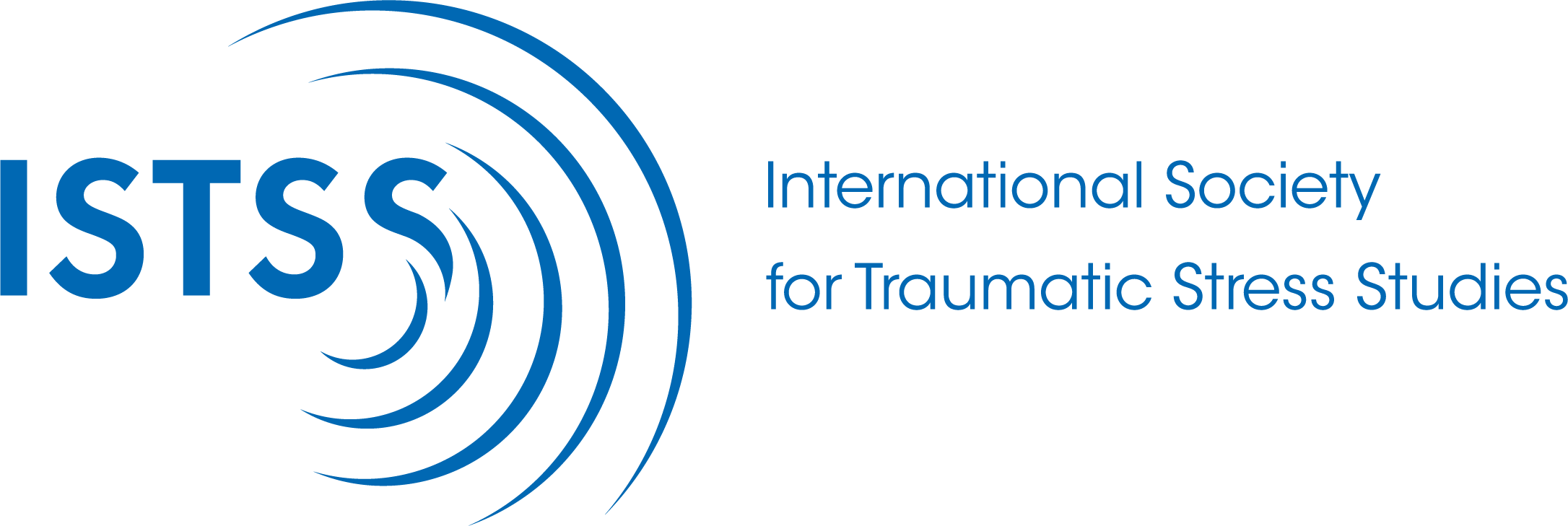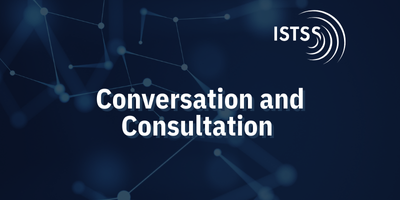
2024 ISTSS Board of Directors Election Results: Celebrating Our New Leadership
The 2024 ISTSS Nominations and Elections Committee, chaired by Board Member and Immediate Past President Marit Sijbrandij, PhD, is pleased to announce the results of this year’s ISTSS Board of Directors election. Congratulations to all those elected, and our heartfelt thanks to everyone who agreed to be nominated.
-
-
- President-Elect:
Andrea Phelps, M. Psych (Clinical), PhD
- President-Elect:
-
-
-
- Board Members:
Michele Bedard-Gilligan, PhD**
Iris Engelhard, PhD
Rachel Hiller, PhD**
Masaya Ito, PhD
Evaldas Kazlauskas, PhD
Sonya Norman, PhD**
Briana Woods-Jaeger, PhD**
- Board Members:
-
**Current Board Members re-elected to serve another term.

Bringing Together Scientists, Clinicians, and Communities From Around the World to Advance the Field of Traumatic Stress.
Healing Trauma Together
The International Society for Traumatic Stress Studies is dedicated to sharing information about the effects of trauma and the discovery and dissemination of knowledge about policy, program and service initiatives that seek to reduce traumatic stressors and their immediate and long-term consequences. ISTSS is an international interdisciplinary professional organization that promotes advancement and exchange of knowledge about traumatic stress.

Friday Fast Facts: Moral Injury
Join Dr. Sonya Norman, Dr. Brandon Griffin, and Dr. Shira Maguen as they introduce this month's topic and provide insights into moral injury and its implications in the latest Friday Fast Facts Series.
Conversations and Consultations
Our Conversations and Consultation series is a members-only series that provides members with the opportunity to exchange valuable insight and advice with subject-matter experts, mentors, and/or colleagues in the trauma field. Each session is facilitated by one or more experts and presented to ISTSS members as a free membership benefit.
Grow Your Professional Network by Volunteering with ISTSS
Volunteers play an integral role in ISTSS' day-to-day activities and form a broad professional network. Interested in adding an ISTSS volunteer position to your CV?
A score of 27 or greater on the Moral Injury and Distress Scale (MIDS) identifies clinically meaningful and impairing moral injury – Sonya B. Norman, Shira Maguen, Brandon J. Griffin
Using registries and electronic health record data to study posttraumatic psychopathology – Laura Sampson, Ananda B. Amstadter, Kelsey N. Serier, & Jaimie L. Gradus
In this blog, we discuss use of registry and electronic health record (EHR) data—considered forms of “big data”—for studying PTSD and other psychiatric conditions in populations after trauma. We discuss strengths and weaknesses of applying these data for research, and give three applied examples from our work, which were presented as part of our symposium at the 2023 ISTSS Annual Meeting.
A Comprehensive Look at PTSD, Care Seeking, and VA Use Among Veterans – Yunnuo Zhu
Military service is strongly associated with an increased risk of developing posttraumatic stress disorder (PTSD), but who among those with probable PTSD are seeking care? This study provides a comprehensive snapshot of Veterans Health Administratoin (VHA) use and care seeking among veterans with probable PTSD from 2013 to 2016.





